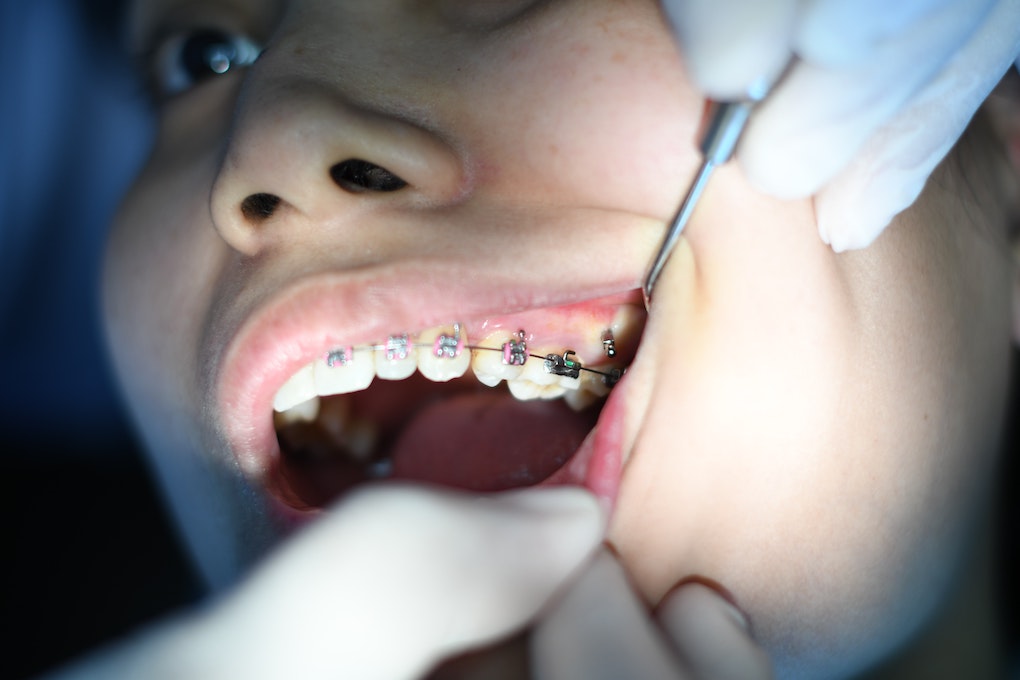
February 13, 2023
How DSOs Can Promote Better Health Care

It’s no secret the connection between oral health and overall health has become stronger over recent years. But the connection between dental service organizations (DSOs) and better medical and dental integration may not be as obvious. Here, we break down what DSOs are doing to lead the charge and why transitioning to one of the DSO models might be the right move for your dental practice.
Focused care
DSOs are better equipped and staffed to handle “whole-person” treatment. That means reviewing patient data, recommending different treatment options and catering to the overall patient experience. When partnering with a DSO, the dentist is able to release all the managerial responsibilities that come along with owning a business and focus on the clinical reasons for getting into dentistry in the first place.
Preferred partnerships
As health care continues to shift toward a more holistic approach, oral health is considered part of a larger continuum of care. DSOs are uniquely positioned to brand this integrative approach by partnering with medical professionals and other dental specialists to play a part in better treatment and prevention. The mouth is the literal gateway to the body, and since serious illness can be detected earlier through proper dental care, patients can be treated more effectively. Otherwise, patients run the risk of being misdiagnosed or mistreated if signs and symptoms aren’t brought to the forefront.
Well-rounded approach
In joining a DSO, dentists are in a better position to work with other practitioners on a patient’s overall health, providing a more well-rounded experience from the onset. In turn, DSOs can continue to partner with other dental practices that share the same patient-journey ethos. DSOs can also advocate for more opportunities for dental staff to interact with other health care professionals, such as through continuing education. The results can lead to greater strategies to implement this transition toward a more comprehensive health care system.
Work-life balance
What better way to practice better health than to set an example? By joining a DSO, dentists are able to work fewer hours, perhaps leading up to retirement, and avoid burnout. What’s more, you have the chance to expand and move toward a one-stop-shop model, all while increasing the value of your dental practice.
What’s next?
Dentistry doesn’t need to be left out of the conversation about overall health. Contact the experts at Professional Transition Strategies to find a DSO that matches your growth goals and personal vision.